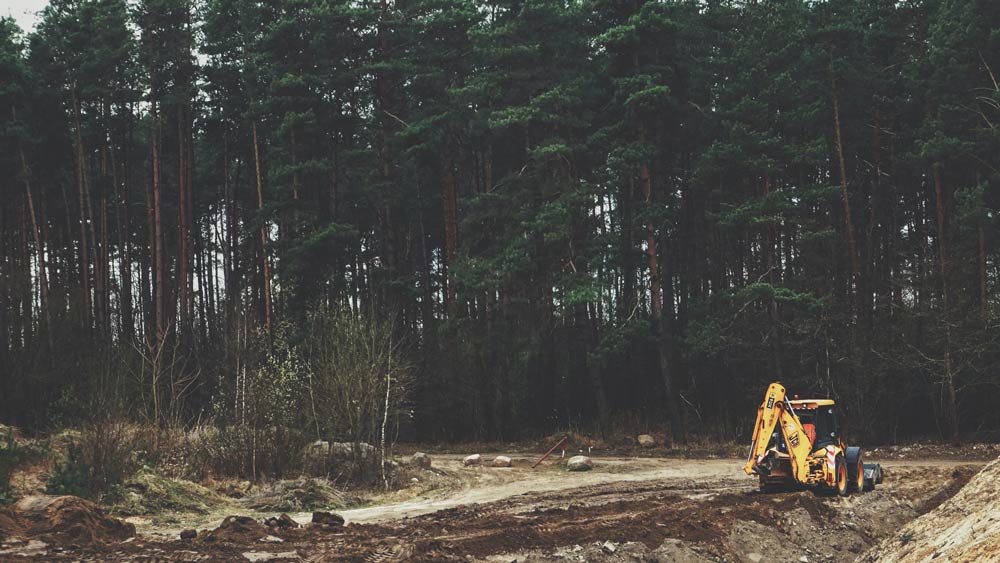
If you’re a landholder in NSW, particularly in regional areas, there’s always a chance your land could be sitting atop a valuable mineral resource.
So what happens when mining companies with the finances, expertise and equipment to access and utilise such a resource want to explore your land to further investigate the natural asset? Is there compensation? What are your rights as the landholder?
Whether they are located on privately owned land or not, most mineral resources are owned by the state in which they’re found. Royalties from the mining of natural resources are a significant part of state revenue, used to fund services for residents of that state.
But both landholders and explorers have statutory rights and obligations when it comes to accessing land for mineral exploration, with the Mining Act 1992 providing specific landholder protections in respect of dwellings, gardens and significant improvements. It also sets out a statutory right to compensation for any ‘compensable loss’ suffered due to exploration carried out under an exploration licence or assessment lease.
Read on for a brief overview of the position of landholders when a potentially valuable natural resource is discovered on their land.
Access arrangements
Land access arrangements are negotiated between a landholder and a mineral explorer to ensure an orderly process by which a mineral resource can be explored and assessed on privately owned land. These agreements are based on mutual recognition of each parties’ rights and obligations, and set out the terms and conditions under which the resources company can access the land. No work can begin without such an arrangement in place.
It should be noted that access arrangements differ between mineral and petroleum titles, with agreements for mineral explorers applying only to exploration and for petroleum, both exploration and production.
Land access arrangements are usually written agreements between the landholder and the holder of an exploration title, though they are also sometimes determined through either mediation or an arbitration process. Such arrangements might include details on:
- Times and dates the exploration titleholder is allowed access to the land;
- which parts of the land the titleholder may work on;
- the sorts of exploration activities permitted on the land;
- the compensation payable by the titleholder (either monetary or in-kind);
- the procedures for varying or changing the arrangement, as well as dispute resolution processes;
- notification requirements;
- any other conditions and requirements agreed to by the landholder and the titleholder.
If an explorer contravenes any of the conditions within the agreed access arrangement, access to the land can be denied.
What happens when circumstances under the arrangement change?
Access arrangements may be varied where the landholder’s title changes, or the existing access arrangement may continue in force. If the original exploration licence on the land is renewed for a further period, again the arrangement may be varied or continue in force.
Arrangements are generally in place for the duration of the planned exploration work but can be varied or terminated by agreement between all parties, through an arbitrator, or – on application by any of the parties – by an order of the Land and Environment Court if the arrangement was determined by a court or an arbitrator.
In situations where a landholder and exploration titleholder can’t negotiate an arrangement between them, NSW legislation sends the parties to a mediation process. If mediations are unsuccessful, parties proceed to arbitration where an arbitrator will make a determination, which can be appealed in the Land and Environment Court if unsatisfactory to either party. Landholders and titleholders are required to act in good faith throughout this process.
A landholder’s rights
In addition to the rights contained in the details of access arrangements listed above, landholders also have:
-
- Avenues of recourse where an explorer fails to observe the terms of the access arrangement;
- general immunity against actions arising as a consequence of titleholder actions on their land;
- full rehabilitation of their land by the explorer.
Where compensation is payable, landholders can get an indication of amounts payable by checking the Independent Pricing and Regulatory Tribunal (IPART) website for its 2015 report and guide to benchmark compensation rates for gas exploration and production. Expert, independent legal advice should be sought before proceeding to make a compensation claim against an exploration titleholder.
Speak with us today
At Felicio Law Firm we have the necessary understanding and experience of the rights of landholders and how they are protected by NSW legislation. We will provide relevant and timely advice if a mining company wishes to further explore a resource located on your land.
While very few exploration licences proceed to a production facility, the issues around access arrangements, arbitration, changing agreements, rehabilitation and compensation can be complex and time-consuming. We can make the process relatively trouble-free so call us for an initial consultation today on (02) 4365 4249.


